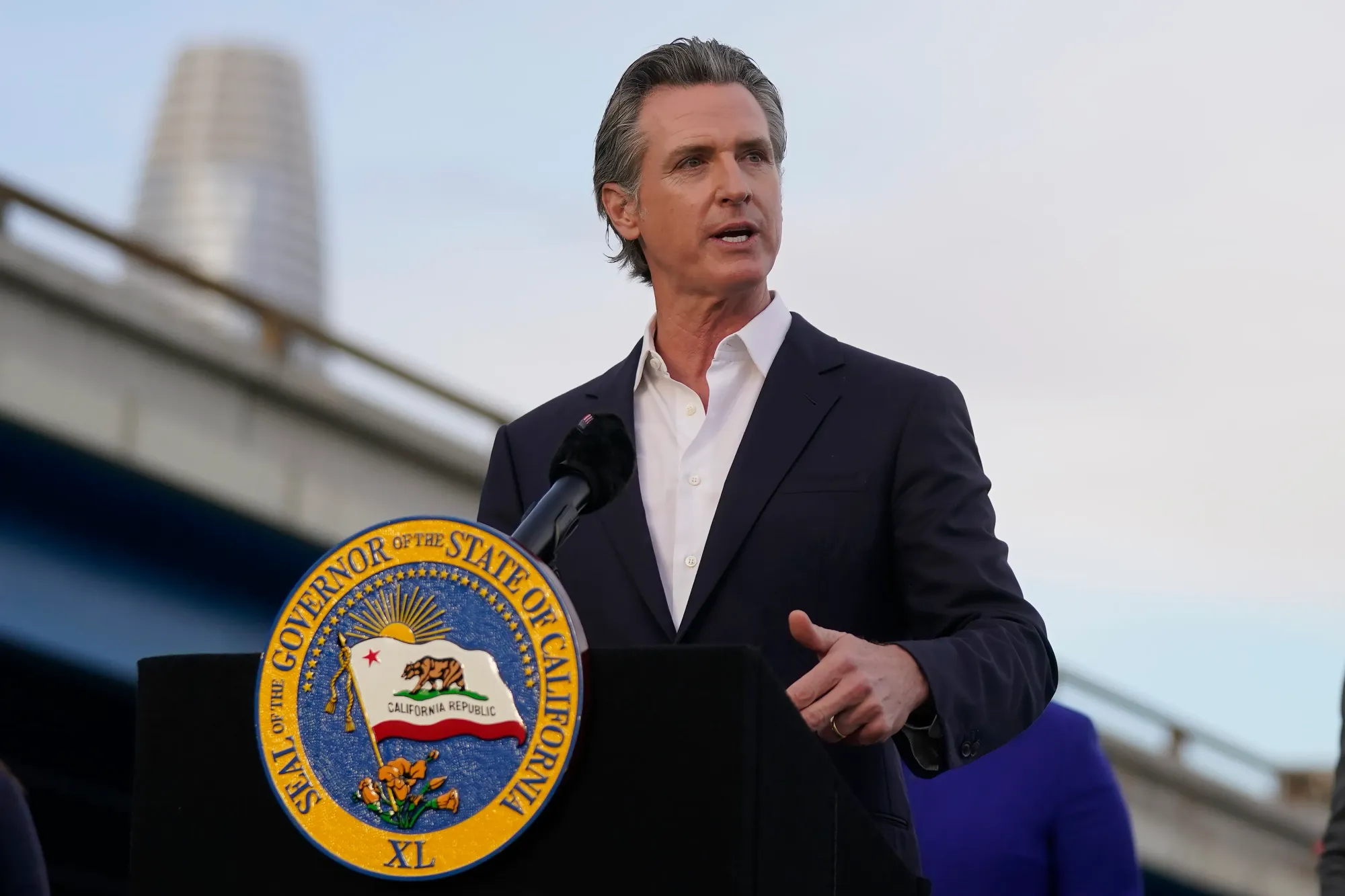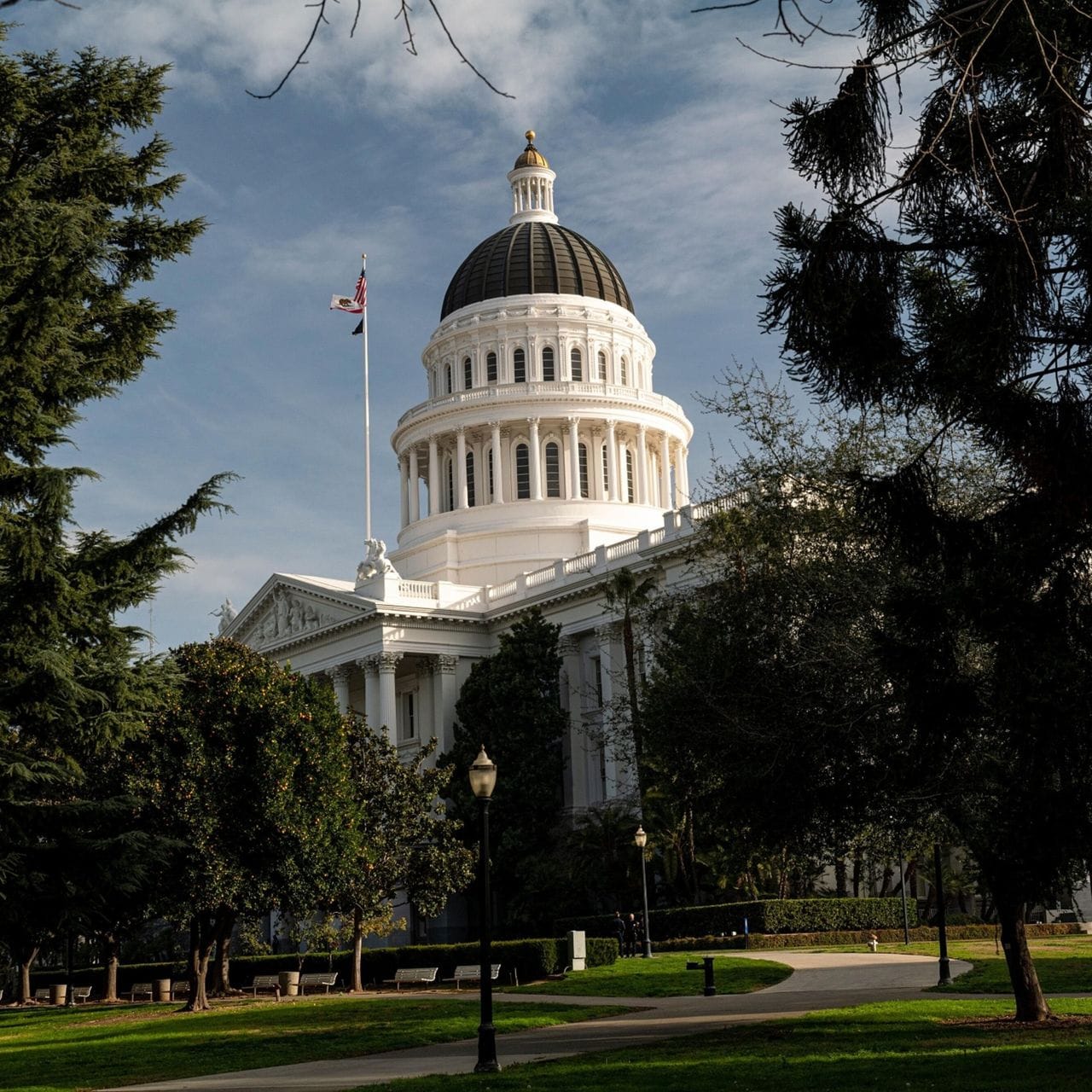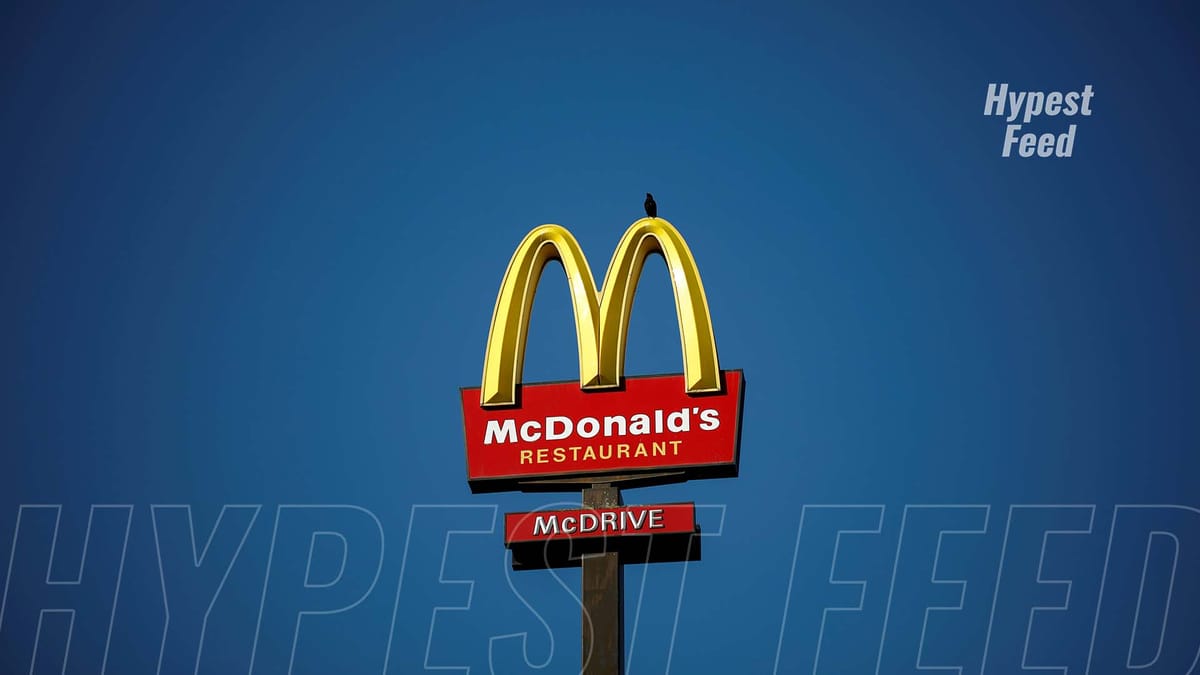California Governor Gavin Newsom's recent move to increase the minimum wage for fast food workers to $20 an hour effective April 1 has positioned California as the state with the highest minimum wage in the United States. This wage hike, coupled with sharp cost increases, particularly evident in the recent $18 price tag for a Big Mac meal in wealthy areas like Darien, Conn., raises concerns about the affordability of fast food across the state. McDonald's CEO Chris Kempczinski acknowledged the challenge of attracting lower-income customers amidst rising prices during the company's earnings call in February, indicating potential repercussions for middle-class consumers as well.
The substantial increase in ground beef prices, nearly 6% year over year, and double the rate of normal inflation, amplifies the impact of the 25% wage increase instituted by Governor Newsom. This surge in labor costs may lead to job losses in the fast-food industry, with positions potentially being replaced by AI technology. Moreover, the strain on the middle class could force them to seek alternative dining options as they find themselves priced out of establishments like Burger King and Panera Bread.

Economic realities underscore the complex dynamics at play. While reports of inflation slowing down may offer some relief, it doesn't indicate a decrease in prices, but rather a slower rate of increase. Similarly, a 25% rise in labor costs doesn't necessarily translate to corporations sacrificing profitability. Instead, they are likely to adjust by raising prices, enhancing workforce efficiency, or employing a combination of strategies to maintain financial viability and meet shareholder expectations.
Various studies conducted over the years by researchers such as Card and Krueger in 1994, Wascher and Neumark in 2000, and Dube, Lester, and Reich in 2010 have explored the impacts of minimum wage increases. These studies consistently indicate that a 10% rise in the minimum wage corresponds to approximately a 2% reduction in employment, highlighting the intricate interplay between wage policies and employment dynamics.

The special treatment of fast-food workers in California, highlighted by the recent $4 increase in minimum wage, prompts questions regarding its rationale and broader economic implications. While proponents argue for improved wages and welfare security, evidence suggests that minimum wage hikes may not effectively alleviate poverty and could exacerbate challenges for the middle class. This phenomenon, dubbed "Gavinomics," may become more prevalent in California's economic landscape in the coming years.
The mandated $4 increase, constituting a substantial 25% rise, affects corporate and franchised-owned restaurants with over 60 establishments, impacting major chains like Starbucks, McDonald's, and Chipotle. California, grappling with the second-highest unemployment rate in the nation at 5.2% and a staggering $68 billion deficit, faces mounting economic challenges exacerbated by soaring electricity prices and high state taxes.
Despite the undeniable inadequacy of the federal minimum wage, which has remained stagnant at $7.25 an hour since 2009 amid persistent inflation, the effectiveness of minimum wage hikes in improving workers' income and employment prospects remains contentious. Thomas Winberry's research at The Wharton School underscores the importance of assessing the ease with which employers in the fast-food sector can replace or substitute workers, shedding light on the nuanced dynamics underlying labor market dynamics.

As California navigates the complex terrain of wage policies and economic recovery, stakeholders must carefully consider the long-term implications of minimum wage increases on employment, inflation, and overall welfare. Balancing the imperative of ensuring fair wages for workers with the need to maintain economic viability and competitiveness presents a formidable challenge, underscoring the importance of evidence-based policymaking in addressing pressing socioeconomic concerns.



Member discussion: